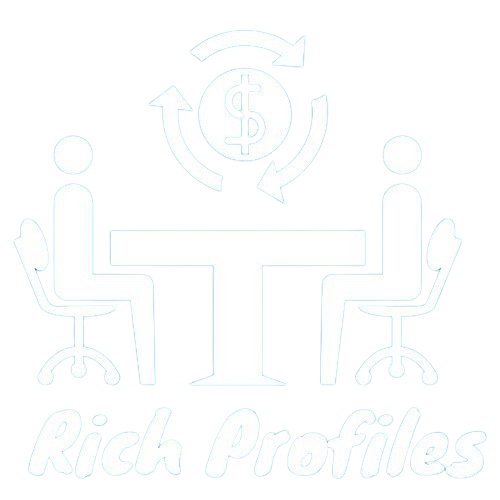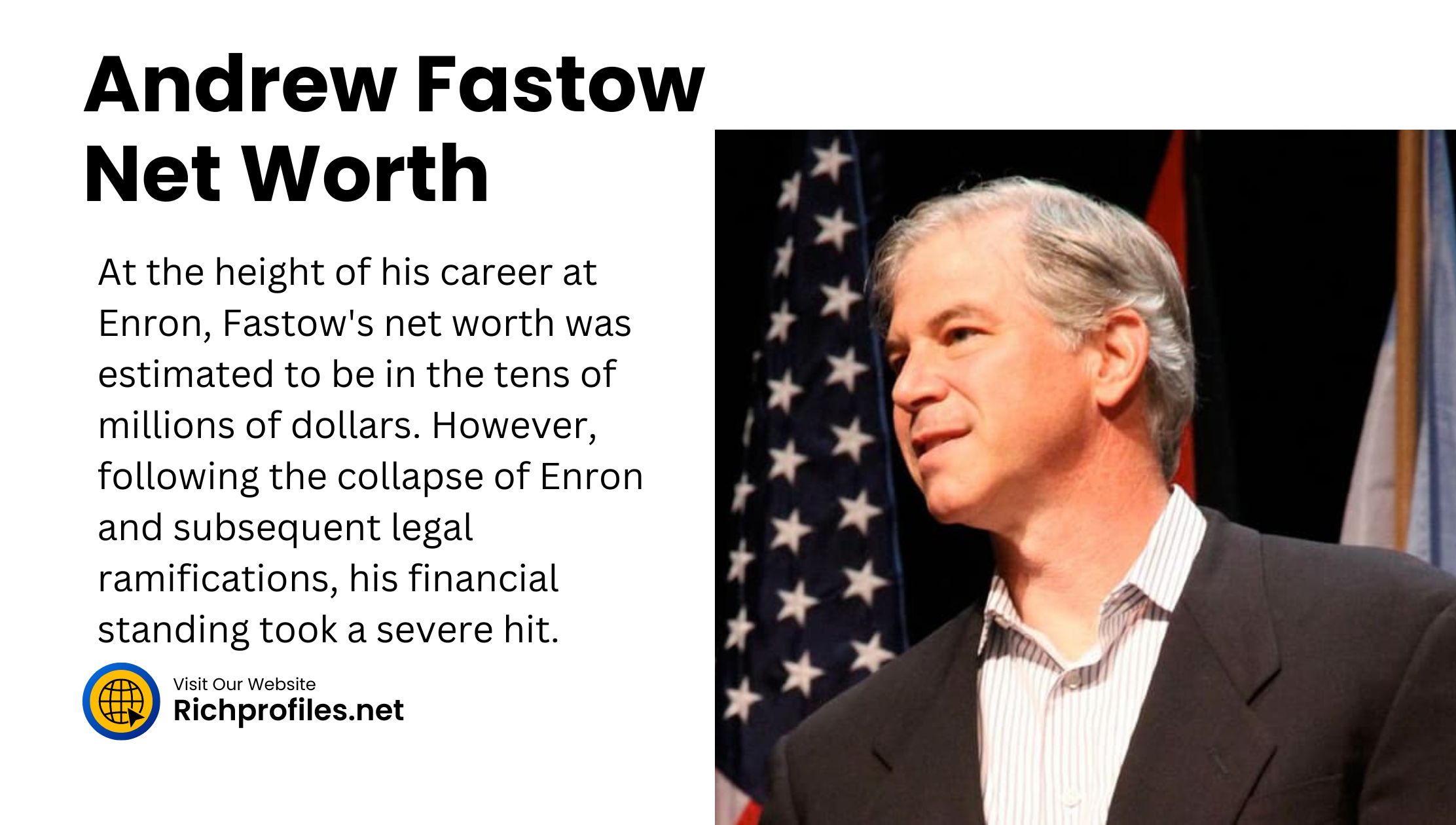Andrew Fastow Net Worth, Life, and Business Lessons
Andrew Fastow, the former CFO of Enron Corporation, is a name synonymous with one of the most notorious corporate scandals in history. His journey from being a rising star in the financial world to being a key figure in the collapse of Enron offers valuable lessons for business professionals, finance enthusiasts, and entrepreneurs alike. This blog post delves into Andrew Fastow Net Worth, his life story, and the crucial business lessons one can learn from his experiences.
Early Life and Career
Born on December 22, 1961, in Washington, D.C., Andrew Stuart Fastow grew up in New Providence, New Jersey. After completing his high school education, he attended Tufts University, where he earned a bachelor’s degree in economics and Chinese. Fastow later obtained his MBA from Northwestern University’s Kellogg School of Management.
Fastow began his career in finance at Continental Illinois National Bank and Trust Co., where he gained valuable experience in asset-backed securities. His expertise in this area eventually led him to Enron, where he quickly climbed the corporate ladder.
The Rise and Fall at Enron
Fastow joined Enron in 1990 and was appointed Chief Financial Officer in 1998. During his tenure, he developed complex financial structures that were initially hailed as innovative solutions to manage Enron’s finances. These Special Purpose Entities (SPEs) allowed Enron to hide its debt and inflate its profits, creating a facade of financial health and robust growth.
However, the truth behind these financial maneuvers began to unravel in 2001. Investigations revealed that Fastow’s SPEs were instrumental in perpetrating accounting fraud, leading to Enron’s bankruptcy and the loss of billions of dollars for investors, employees, and shareholders. Fastow was indicted on 78 counts, including fraud, money laundering, and conspiracy. In 2004, he pleaded guilty to two counts of conspiracy, serving six years in federal prison.
Net Worth
Given the complexity of Andrew Fastow’s financial dealings and legal battles, accurately assessing his net worth is challenging. At the height of his career at Enron, Fastow’s net worth was estimated to be in the tens of millions of dollars. However, following the collapse of Enron and subsequent legal ramifications, his financial standing took a severe hit.
As of now, public records do not provide an accurate estimate of Fastow’s current net worth. The combination of legal fees, restitution payments, and the loss of his ill-gotten gains has undoubtedly diminished his financial stature significantly.
Life Post-Enron
After serving his prison sentence, Fastow re-entered the public eye, not as a financier but as a speaker. He has since spoken at various conferences, universities, and corporate events, sharing insights into the Enron scandal and discussing the ethical pitfalls in corporate finance. Fastow’s presentations emphasize the importance of ethical decision-making and transparency in business practices.
Read More: Taylor Swift Net Worth
Key Business Lessons from Andrew Fastow’s Story
Andrew Fastow’s story is a cautionary tale filled with critical business lessons for professionals and entrepreneurs:
1. Ethical Leadership is Crucial
Fastow’s actions at Enron serve as a stark reminder of the importance of ethical leadership. Business leaders must prioritize integrity and transparency over short-term gains. Ethical decision-making fosters trust, loyalty, and a positive corporate culture, which are essential for long-term success.
2. The Dangers of Financial Engineering
While financial engineering can be a powerful tool for managing a company’s finances, it can also lead to disastrous consequences if misused. Fastow’s overly complex financial structures ultimately contributed to Enron’s downfall. Companies should ensure that their financial practices are transparent and understandable to stakeholders.
3. Regulatory Compliance is Non-Negotiable
Fastow’s manipulation of accounting rules highlights the importance of regulatory compliance in business. Companies must adhere to financial regulations and reporting standards to avoid legal repercussions and maintain investor confidence.
4. The Importance of Whistleblower Protections
The Enron scandal might have been mitigated if more robust whistleblower protections were in place. Encouraging a culture where employees feel safe to report unethical behavior can help prevent corporate fraud and misconduct.
5. Learning from Mistakes
Fastow’s willingness to speak publicly about his mistakes offers a valuable lesson in accountability. Acknowledging and learning from past errors can provide critical insights and drive positive change in the business world.
Conclusion
Andrew Fastow’s journey from a celebrated CFO to a convicted felon offers profound lessons for business professionals, finance enthusiasts, and entrepreneurs. His story underscores the importance of ethical leadership, regulatory compliance, and transparency in corporate practices. By learning from Fastow’s experiences, we can strive to build a more ethical and resilient business environment.

